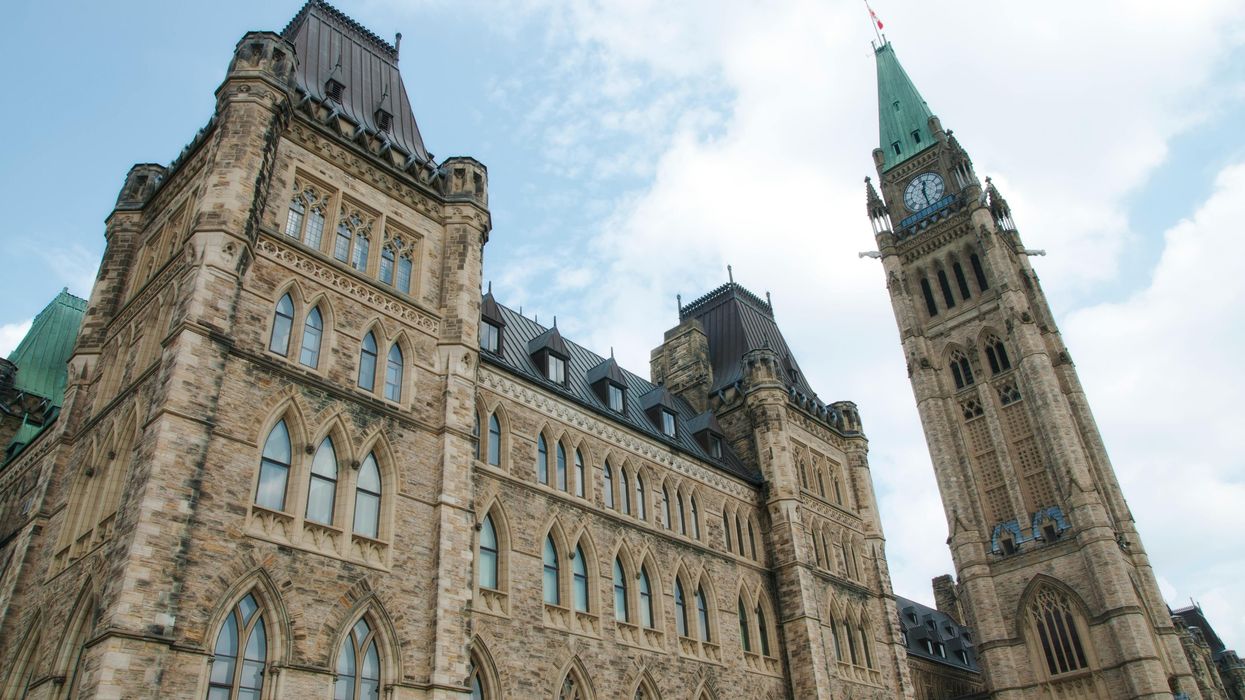Editor's Note: A previous version of this article indicated that the capital gains tax increase had been cancelled. Recent communications from the Canadian Revenue Agency, however, suggest the tax reform will move forward pending further notice.
On Monday morning, Prime Minister Justin Trudeau announced his resignation and decision to prorouge parliament (a fancy term for hitting the pause button on parliamentary activity without triggering a general election), and going with him could be his government's proposal to increase the capital gains tax.
For those in need of a refresher, the capital gains tax is a tax the government collects from revenue made on the sale of assets. This could range from money made on the sale of a business to the sale of a real estate property, though it's important to note that when it comes to real estate the tax only applies to secondary properties, not primary residences.
With the intent to source revenue to pay for various housing initiatives introduced in Budget 2024, former-Deputy Prime Minister and Finance Minister Chrystia Freeland first announced the proposal to increase the inclusion rate on the capital gains tax (the percentage of revenue earned that can be taxed) in April 2024. In total, the policy was projected to raise $19.4 billion over five years and was intended to "build nearly 4 million new homes, to make life cost less, and to grow the economy—for every generation, particularly Millennials and Gen Z,” according to a press release.
In mid-June, Trudeau's government introduced the legislation that would bring forth the changes by tabling a Notice of Ways and Means Motion in Parliament, which prescribed raising the inclusion rate from 50% to 67% on capital gains above $250,000 for individuals, or from one half to two thirds of revenue made.
As an example, if you purchased a cottage for $500,000 and its value grew to $1 million by the time you decided to sell it, the first $250,000 of your $500,000 profit would not be taxed but the second $250,000 would be taxed at 67%. For corporations, all revenue would be subject to the increased tax.
If passed, the 17% increase will be the first inclusion rate hike since 2000, though landing it well short of its height of 75% in 1990.
Still, the April announcement garnered a wealth of pushback from secondary property owners, but also the business sector, including those in real estate. At the time, developers were worried the inclusion rate increase would make it harder to assemble land as property owners would be less inclined to sell, and that it would suppress investment in development as returns on sales wouldn't be as lucrative, reducing rental supply in turn.
The reform was set to take effect on June 25 after the motion was passed and a draft version of the bill was tabled again in late September, but the amendment to the Income Tax Act was never officially signed into law. With Trudeau stepping down and parliament prorogued, the tax increase has now been thrown into limbo and could face cancellation.
- 5 Ontario Housing Laws And Regulations Taking Effect In 2025 ›
- Liberals Table Capital Gains Tax Changes: Recreational Property Owners, Take Note ›
- How The Capital Gains Tax Hike Could Affect Real Estate Development ›
- After Trudeau’s Resignation, What Happens To Liberal Housing Policies? ›
- Feds Officially Defer Capital Gains Tax Increase To 2026 ›





















